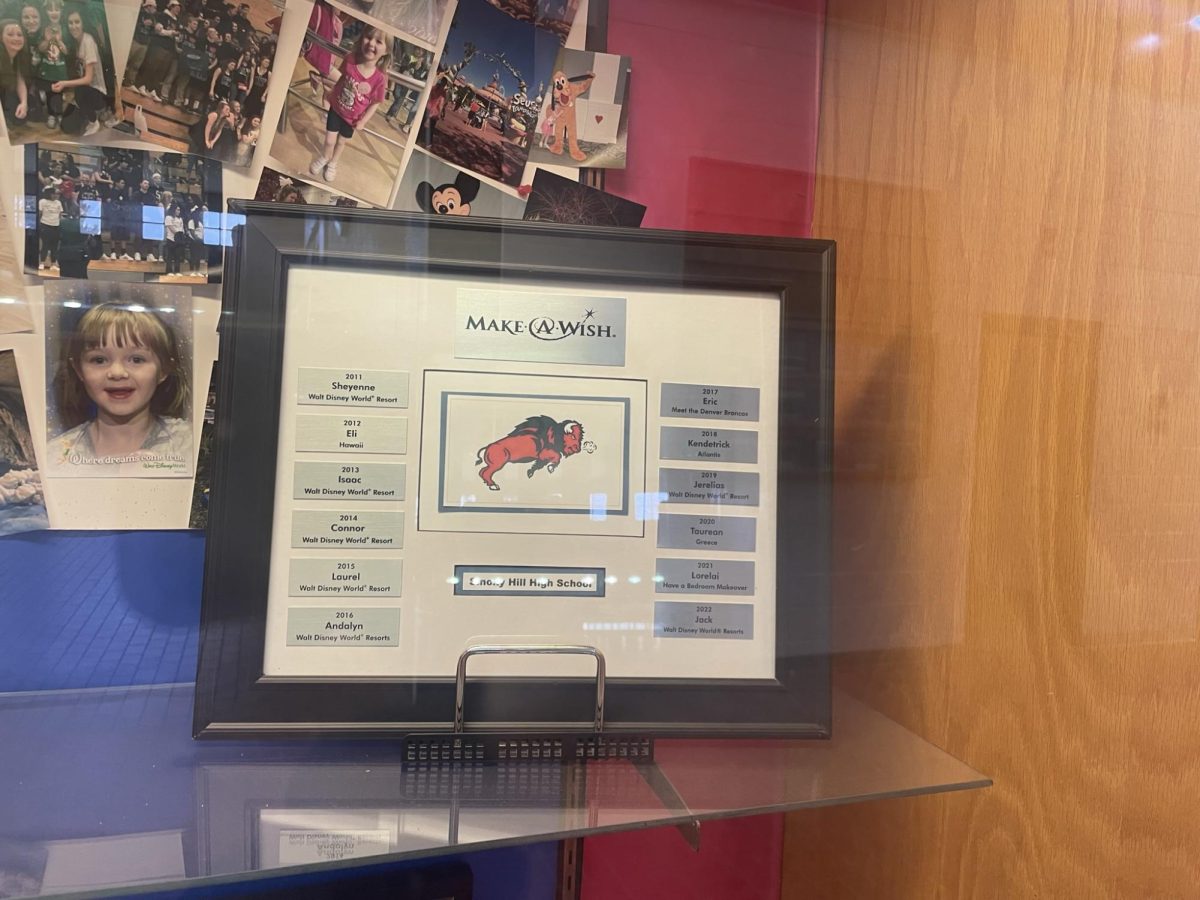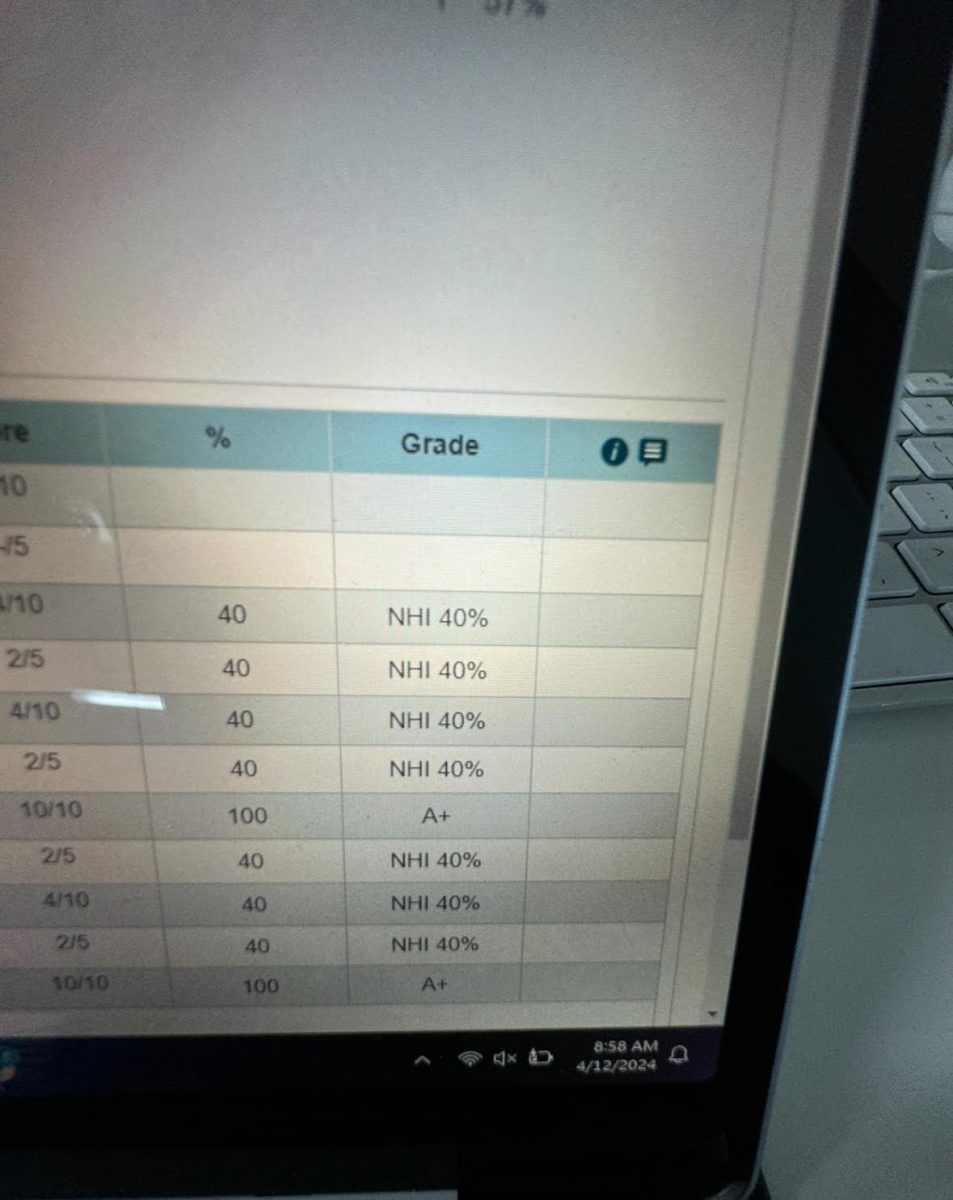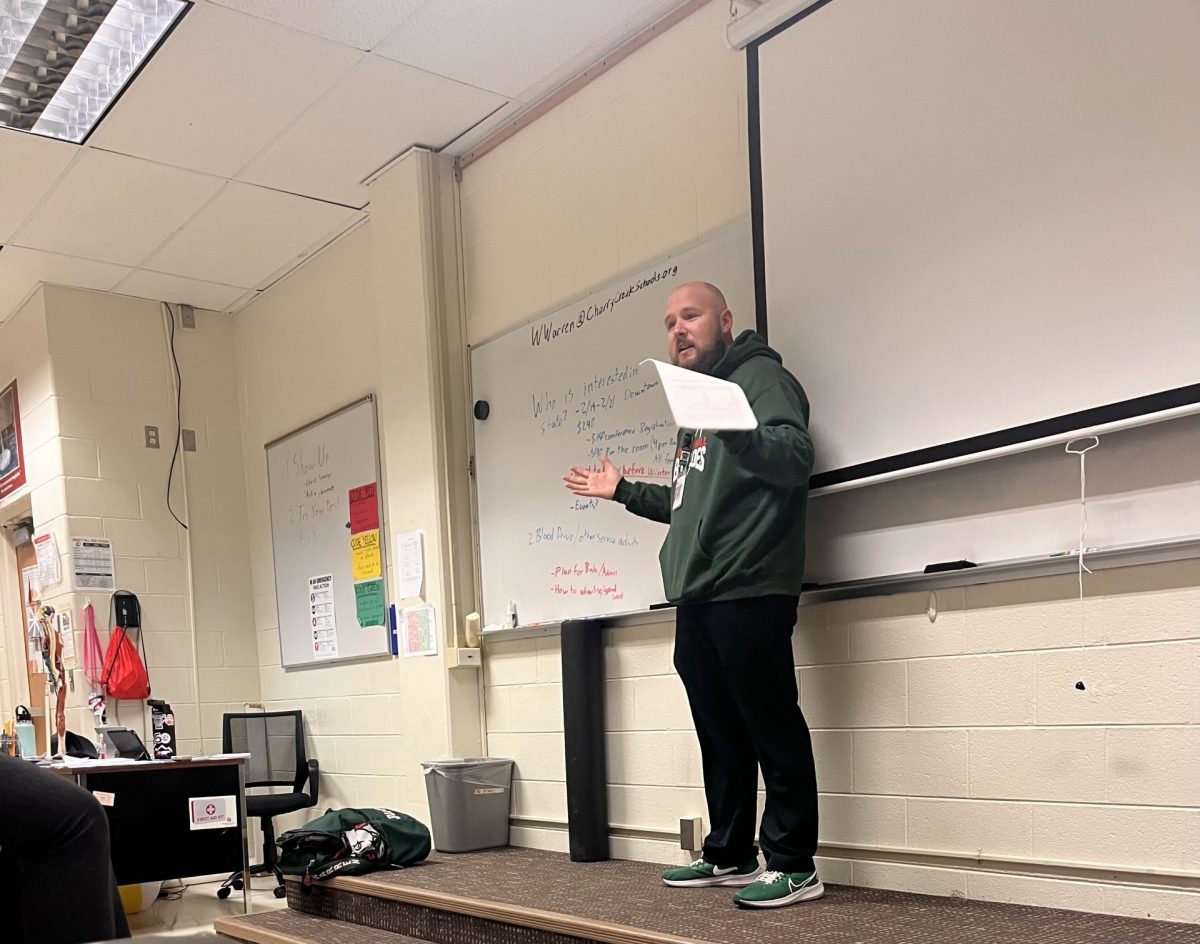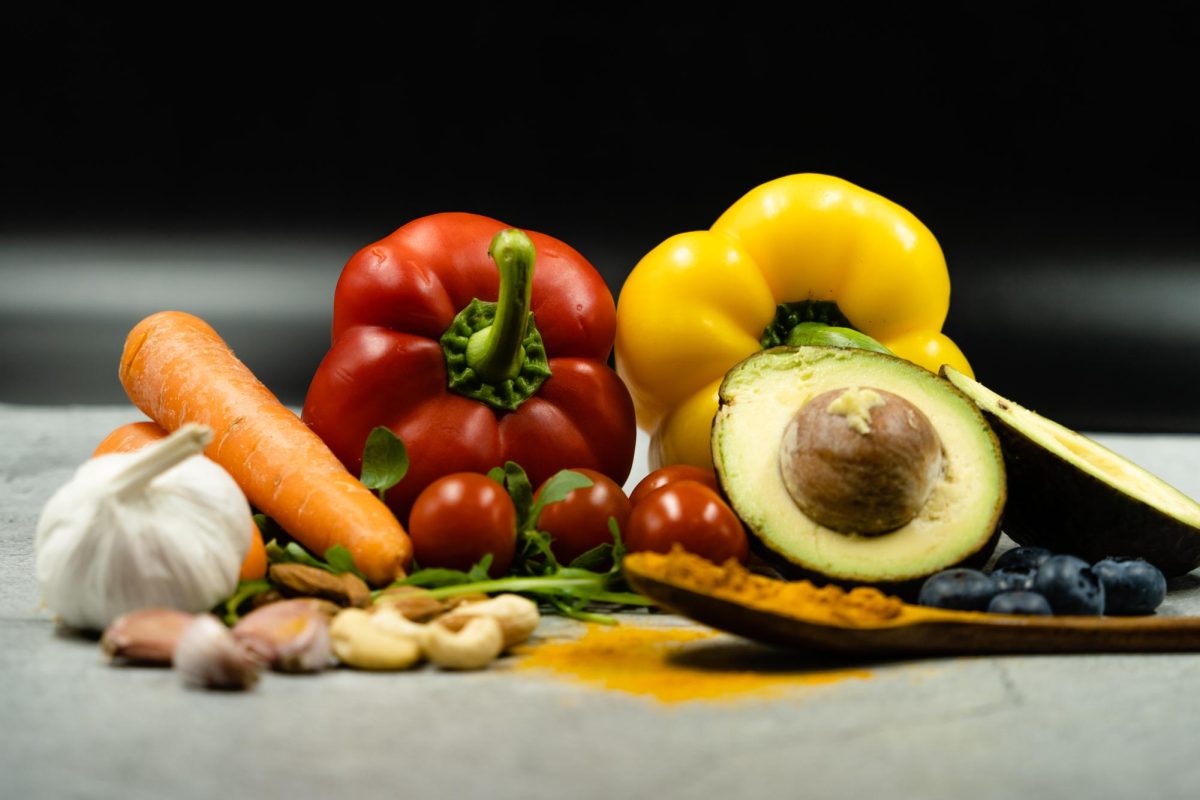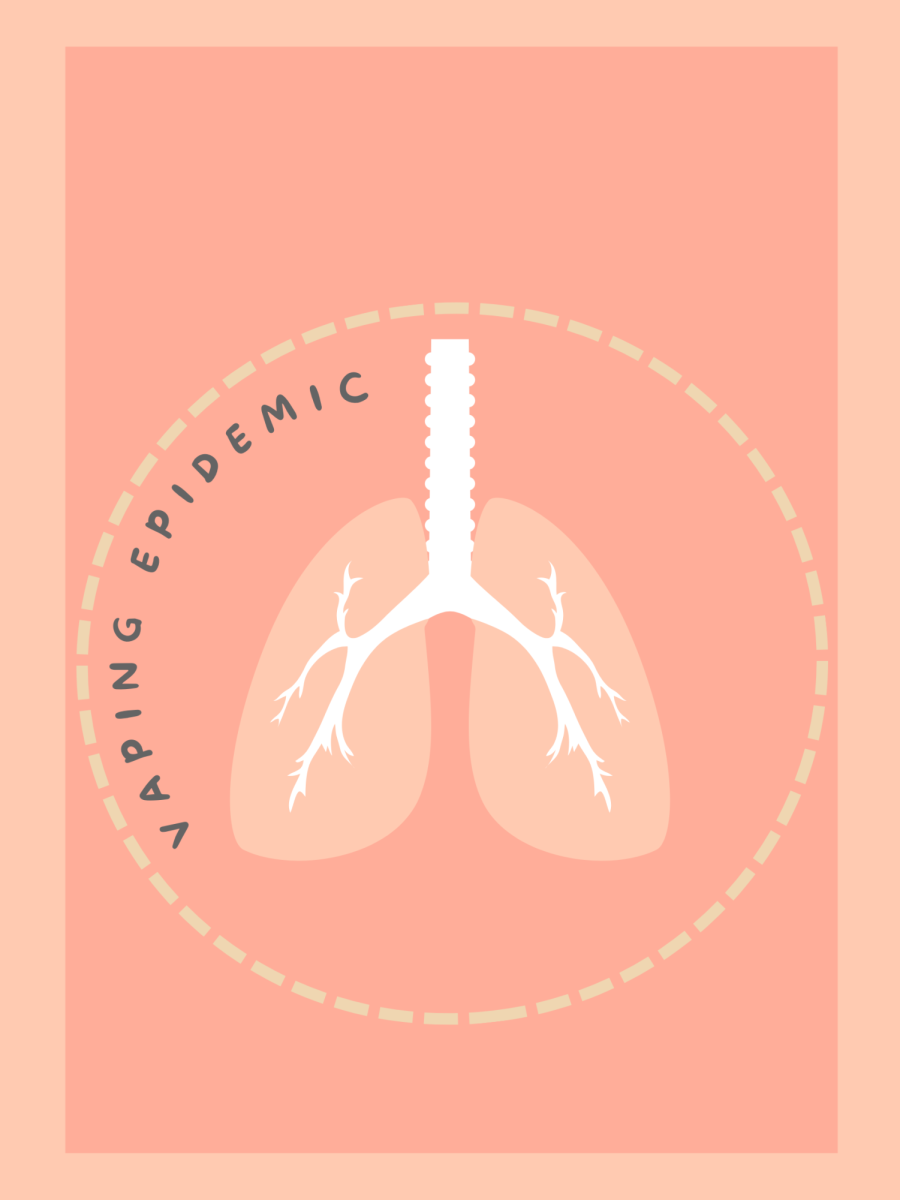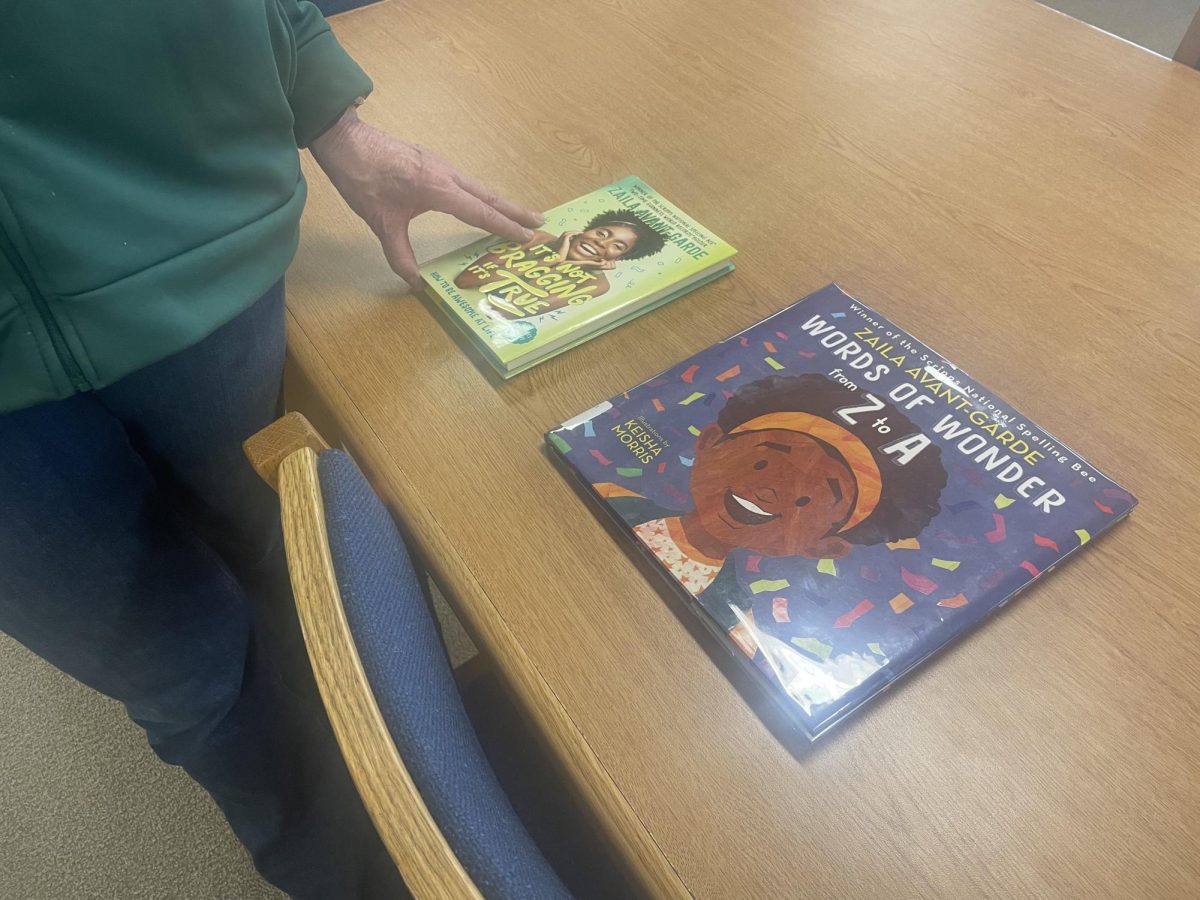Many students choose to diet or go on fasts for many different reasons, from doing it as a religious aspect to doing it for health reasons.
“It depends on the mental aspect of why you’re doing it and how seriously you’re choosing to do it,” Danny Hudson, a Smoky Hill health and physical education teacher, said.
The reason why students choose to diet and fast differs from student to student, but to Nia Pollard (10) her dieting plans are for her well being.
Pollard is currently on an organic juice cleanse that consists of only drinking juices for 7 days straight while also eating only fruits and vegetables if she’s still hungry.
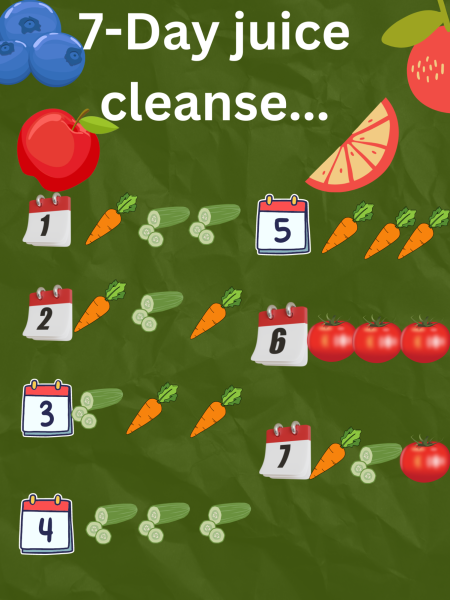
“It is quite controversial and not everyone’s on my side about it, but it just feels like a cleanse right now is what I need,” Pollard (10) said.
While it is a controversial topic on whether or not students from ages 14-18 should be dieting just because they feel like it, Pollard feels that she has her reasons.
“I’m choosing to do this for my mental well-being but also I feel like for me this is a way I’m getting closer to god and being able to help my mental health at the same time, while also losing weight,” Pollard said.
Dieting and cleansing, while it has its helpful impacts, is also something that needs to be watched at a young age.
“As long as the students knows how to properly diet I feel like it’s okay, but there’s a fine line between it being healthy and being over the top,” Hudson said.
The weight aspect of dieting can be a fine line, but in a study held by U.S News & World report, people gained back all the weight lost during a five-day water fast within three months. Meaning that for the weight aspect of it the cleanse needs to be taken into consideration as being a lifestyle more than a five to seven day cleanse.
Which is something Pollard is willing to do.
“I know that this is something I want to continue doing I want to make this more of a lifestyle and continue as long as I can,” Pollard said.
While many students may take fasting as a lifestyle, for others it’s something that’s used for religion. “Religious fasting is something practiced by all faiths” according to National Institute of Health.
“Fasting is a journey, it’s something that’s used to help get closer to God,” Afomiya Gebeyaw (10), a Orthodox christian who is currently participating in lent, said.
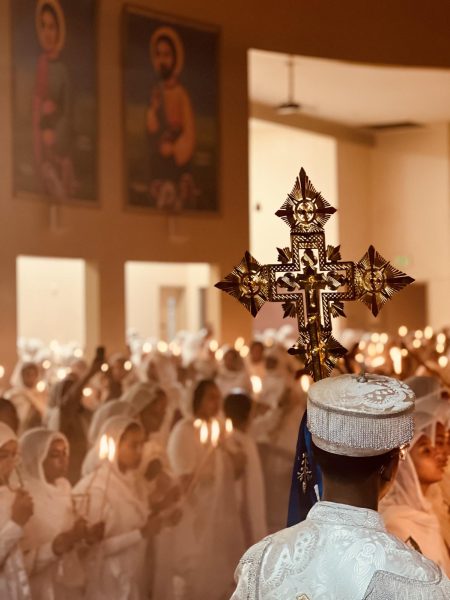
The difference between religious and voluntary fasting and dieting are very different but the effects can still be very similar.
“I do feel that both could have the same results, but its also like they’re different, I would say that the religious aspect is a little safer,” Gebeyaw said.
While they can have the same results, Gebeyaw expresses how they’re different due to the cultural fasting being less severe than fasting with no limit.
Dieting can also play a role for many students who have dietary restrictions, such as Celiac which restricts all gluten from your diet.
Samantha Brunsting (10) has had celiac disease since she was in second grade.
“Having celiac does restrict a lot, I mean it’s a lot of watching everything I eat,”
Brunsting has to deal with constantly checking her food and is very rarely able to eat anything from restaurants.
“It does suck a lot, and obviously like I am jealous of those who can eat gluten,” Brunsting said.
Fasting and restricting your diet, while it can have negative aspects depending on people’s mindsets and reasons, is also a way that many feel they can cleanse their body and mind and help get closer to their religions.



